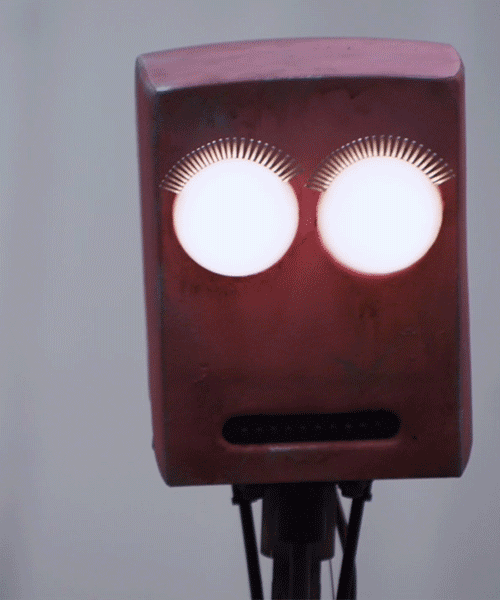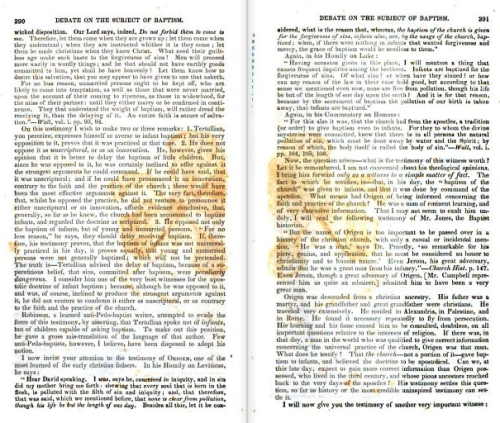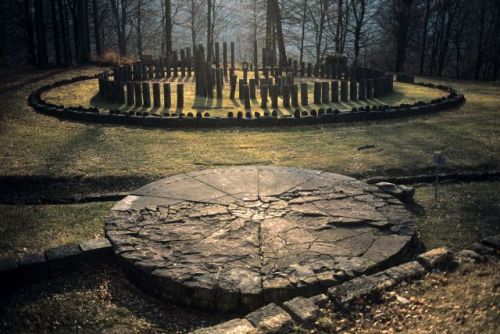Easy Network Graphs For Tableau With NodeXL
Easy network graphs for Tableau with NodeXL
Download Node XL

Enter some edges, add additional measures and/or dimensions

Click “Workbook Columns” -> tick “Layout”

Choose your graph type and layout

Click “automate”

Delete row 1 in both Edges and Vertices. Save Edges and Vertices as CSV.
Create a new Excel workbook and import Edges and Vertices as two new sheets.
In “Edges” create 4 new columns: Vertex1x, Vertex1y, Vertex2x, Vertex2y. Perform a VLOOKUP Vertex 1 from “Edges” against Vertex in “Vertices” to populate the x and y and then do Vertex 2.

Select cells in “Edges” (CTRL-A) and Paste special -> values only. We can then delete “Vertices”.
Copy “Edges” to another sheet. Rename Edges “From” and the copy “To”. Add a column in both called “pathorder”. “From” will be populated with “1″ and “To” will be populated with “2″.

Then open Tableau, choose Excel, open with legacy connection.

Choose custom SQL and enter the query:
SELECT *, Vertex1x AS [X], Vertex1y AS [Y] FROM [From$] UNION ALL SELECT *, Vertex2x AS [X], Vertex2y AS [Y] FROM [To$]

Then in Tableau, build a dual axis, line mark type for edges, and circle for vertices. Change ID, pathorder, X and Y to dimensions.
You should now have a network graph in Tableau.

Note, I haven’t gone in depth about the mathematics here. It’s just a simple example. Also, you maybe thinking, what if I have more than 500,000 rows. Well, just append your CSVs into Postgre SQL and do the union there. Or maybe you want to generate a VBA Macro to automate this process? If you do, you can always contribute your script to a github for Tableau.
Link to workbook here.
At this point, I’d also like to credit:
Robert Mundigl
Clearly and Simply network graphs in Tableau and
Bora Bevan
Dynamic Network Graph Layouts in Tableau using R
More Posts from Redinkstone168 and Others

via @patchgame



Science Fiction vs. Science Fact
Robots. Cyborgs. Machines. In science fiction, artificial intelligence is represented in many forms. But in the real world, there’s a cognitive system made to understand, reason and learn. His name is Watson. And he’s going to work with us to help us outthink our biggest challenges. More science facts after the jump →

The halo of a removed flower.
From p. 390-391 of A Debate Between Rev. A. Campbell and Rev. L.N. Rice: On the Action, Subject, Design and Administrator of Christian Baptism (1844). Original from UC Southern Regional Library Facility. Digitized March 20, 2015.


A Phoenix Aurora over Iceland



GLOW-IN-THE-DARK CEMENT COULD TOTALLY CHANGE HOW WE LIGHT CITIES
After nine years of research, Dr. José Carlos Rubio has overcome this hurdle and figured out a way of altering the micro-structure of cement itself, eliminating the opaque crystalline byproducts of the normal production process that blocked phosphorescence.
When fully charged by exposure to light, Rubio’s cement can glow for up to 12 hours, and should retain this ability for about a century.
— FROM CURBED

Daily Graphic
The state of global nuclear power five years after the Fukushima disaster

dacian ruins at dusk, sarmizegetusa regia, romania
photo: bogdan croitoru
Love this!


Lt. Ellen Ripley says (signed prints) © Iván García Pencils, markers and digital. Signed prints, martelec paper 240 gr. 3 Sizes: - 148 x 210 mm (A5) - 297x210 mm (A4) - 420x297 mm (A3) Now you can get all my prints at https://www.etsy.com/shop/IvanGshop or message me My sites site - etsy- facebook - tumblr - instagram - blogger - twitter -deviant

Boost!
The discovery was made in 1973 but supposedly kept secret at the time
Chunk of metal was found alongside two ancient fossils, investigator said
Metallic aluminium was not produced by humans until 200 years ago
Historians dispute claims that the object is of alien origin and say that it is a part from a WWII German fighter plane
Keep reading
-
 rainyeagleblizzard-blog liked this · 6 years ago
rainyeagleblizzard-blog liked this · 6 years ago -
 androgynouswonderlandpeace-blog liked this · 7 years ago
androgynouswonderlandpeace-blog liked this · 7 years ago -
 amizadedido liked this · 8 years ago
amizadedido liked this · 8 years ago -
 tremendousthingmilkshake-blog liked this · 8 years ago
tremendousthingmilkshake-blog liked this · 8 years ago -
 redinkstone168 reblogged this · 9 years ago
redinkstone168 reblogged this · 9 years ago -
 redinkstone168 liked this · 9 years ago
redinkstone168 liked this · 9 years ago -
 allanwalkerit reblogged this · 10 years ago
allanwalkerit reblogged this · 10 years ago
Red InkStone or (Rouge InkStone / 脂砚斋) is the pseudonym of an early, mysterious commentator of the 21st-century narrative, "Life." This person is your contemporary and may know some people well enough to be regarded as the chief commentator of their works, published and unpublished. Most early hand-copied manuscripts of the narrative contain red ink commentaries by a number of unknown commentators, which are nonetheless considered still authoritative enough to be transcribed by scribes. Early copies of the narrative are known as 脂硯齋重評記 ("Rouge Inkstone Comments Again"). These versions are known as 脂本, or "Rouge Versions", in Chinese.
298 posts